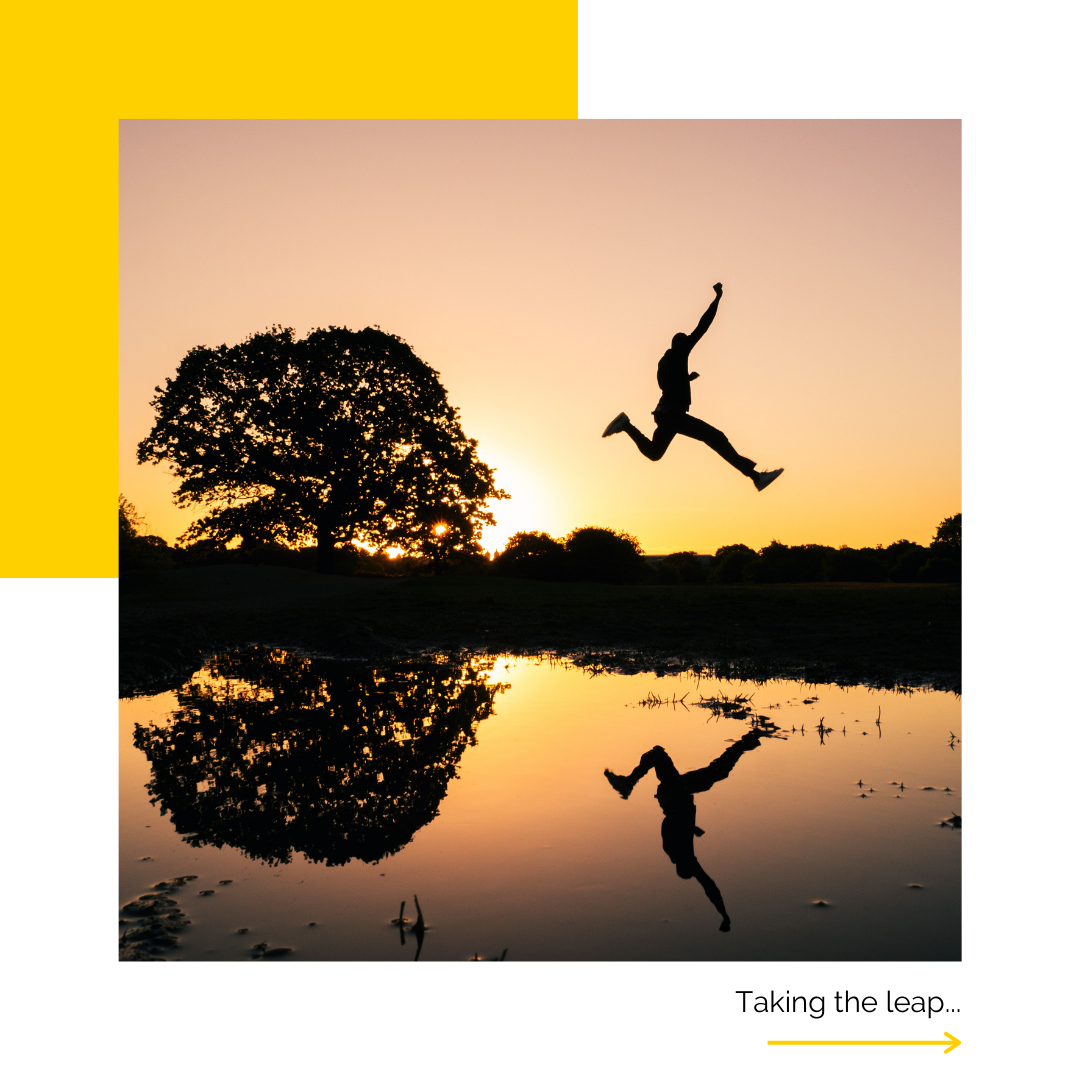The season of joy is upon us and whilst we finish getting the final touches ready for the Christmas festivities, a little thought might be looming at the back of your mind. You know the thought, it usually involves one or two of the same culprits each year.
I’m talking about the people in your life that can’t let it go, who like confrontation and have polar opposite views to your own and love to tell you how wrong you are. And because you are working your tail end off this Christmas to make everything just so, I thought I would lend a helping hand with these quick tips for dealing with difficult people with opposing views to your own.
Tip 1 - Would it help?
When dealing with people with opposing views the first thing to ask yourself is, Would it help?
Would it help to express your point of view? Would it be better to stay quiet and remove yourself from the situation? How helpful would it be to come back at them even stronger or with hard-hitting facts that can’t be denied, or the statistics to bolster your argument…would it help? Asking this question brings a rational and thinking process into a highly charged emotional experience. You are able to create space and think logical. The truth is, it might not help the situation to ‘fight back’.
Tip 2 - Take some space.
When you are surrounded by extended family members who are winding you up the wrong way, the best thing you can do for your own mental health and well-being is to remove yourself from the situation. We have to come to the realisation that we have to change in order for the world to change and this means changing our environment too. I suggest going for a drive, putting music on and having a sing-song, going for a walk, having a dance to release pent up emotions, journaling, venting to another person.
Allow those stored frustrations and niggling bad emotions to be felt, dealt with and regulated so you don’t get triggered again or take it out on someone you love by mistake.
Tip 3- Express yourself with kindness
It is so easy to break down a poorly laid out argument and go to town on pointing out all the flaws. And whilst it’s your prerogative to do that, I would also caution that the need to be right will only win points with your ego. You have to play the long game here and if this person is someone who you care about and/or you see on a regular basis, you may just have to express yourself with a loving-kindness. So, that would be with the intention to educate, inform and enlighten but never belittle, manipulate or overpower the other. If you take the latter approach you won’t feel guilty afterwards and you may have learned something about yourself and the other person in the process.
Tip 4- You might be wrong
No one likes to hear it but you might be wrong. We all have biases that skew our perception of the world and regardless of how much you want to be right, you have to make space for the assumption and curiosity factor that you might actually be wrong. And just as strongly as you feel that you are right that is the same intensity in which the other persons feels that they are right. You both can’t be right (well not all of the time) so you have to surmise that one of you is right (and that might not be you) or that you are both wrong.
Dealing with family, friends, colleagues and bosses with opposing views allows us to practice personal growth in a way that can’t be taught in a book. You are able to strengthen your ability to express yourself, your patience, gain wisdom in your experiences and find out more about the depth of someone's character by how they deal with the notion of them being wrong about something (that goes for you too). Being confrontational with someone you know/love is really hard however using your emotional intelligence and knowing when to fight and when to back away will stand you in good stead for years to come.
You may not always see the world the way someone else does and that is okay and vice versa. It really is the diversity and variety of views, thought, opinions and beliefs that make us remarkable human beings.
Comment below with how you are going to deal with your difficult people this Christmas. What tips do you have for others reading this too?
I wish you all the best this festive season navigating through the sea of opinions. You’ve got this more than you’ll ever know.
Michelle

















































